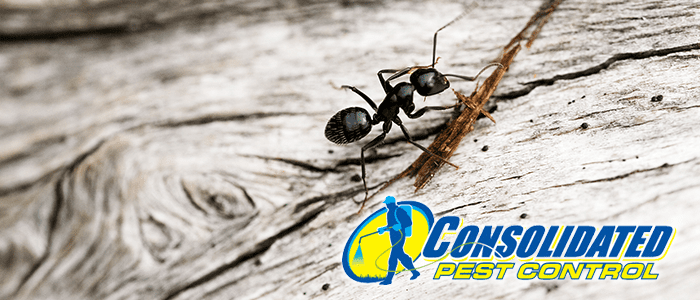You are not alone in your house. You already know this though. You’ve seen the signs if you haven’t seen the bugs, and that’s bad enough. But what if you’re also not the only one eating your food? Are those pests raiding your pantry at night while you’re sleeping?
The answer could be yes. There are many different types of bugs that could visit your kitchen for a snack. Among them are:
- Indian meal moths
- Dermestid beetles
- Grain beetles
- Cigarette and drugstore beetles
- Flour beetles
- Granary, rice and maize weevils
- Bean weevils
- Spider beetles
And of course, this list doesn’t include one of the worst offenders: cockroaches. So what can you do to make sure your families health isn’t put in jeopardy by these hungry pests?
The answer is to maintain a lasting concerted effort by using the services of your pest control company (especially if the infestation has been present for any length of time) in tandem with some basic, common sense rules that you follow at home. Some of these critters are capable of lasting for weeks without food, so there is rarely a “one and done” silver bullet you can use without the threat of “reinfestation”.
First, eliminate any infested food in your pantry. Store any food that is clean in airtight containers, and make this a common practice moving forward. If you have items that bugs might find tasty but that you don’t use that frequently, such as pancake batter, spices, grains, etc, think about storing those items in the freezer.
Many retail stores sell pheromone traps that are also worth a try, specifically if you have an Indian meal moth infestation. Most of these types of infestations maintain themselves on spills, food left out, food in the crevices and cabinets in your home, or packages of food that sit in non-airtight containers for extended periods of time. A few guidelines that follow that will get you off to a good start are:
- Don’t put exposed food in your pantry. Plastic bags count as exposed… you need sealed containers.
- Clean regularly and thoroughly. Remember, these are tiny bugs that we are talking about. They don’t need much to eat and survive.
- Avoid mixing old food and new food. Clean old containers out before putting new food in.
- At the grocery store, don’t purchase damaged packages of food. There is a higher likelihood that you could be bringing something else into your home.
- Keep your pantry and your storage units dry. Bugs love moisture.
- Have you had a rodent problem recently? Keep in mind that some of these pests can breed inside the bait for rats if you leave it out for a while.
Hopefully this will help you take some great first steps to solving the issues you are having with pantry pests. As always, if you need to step your extermination problem into overdrive, we are here to help. Give us a call if you need us!








